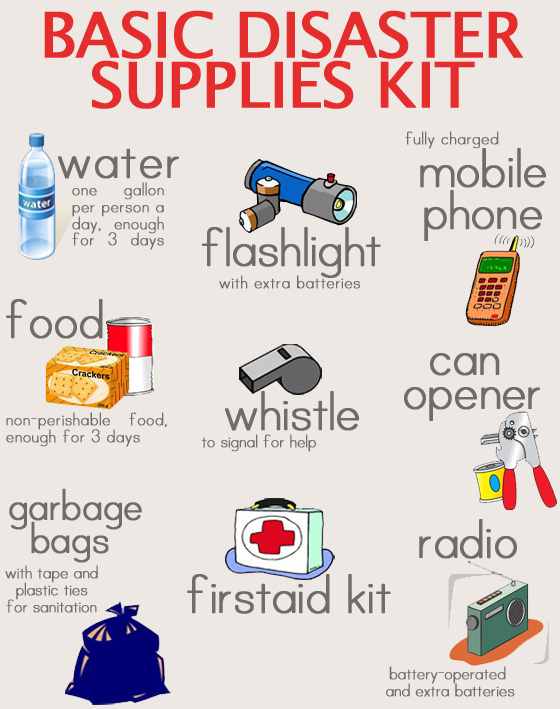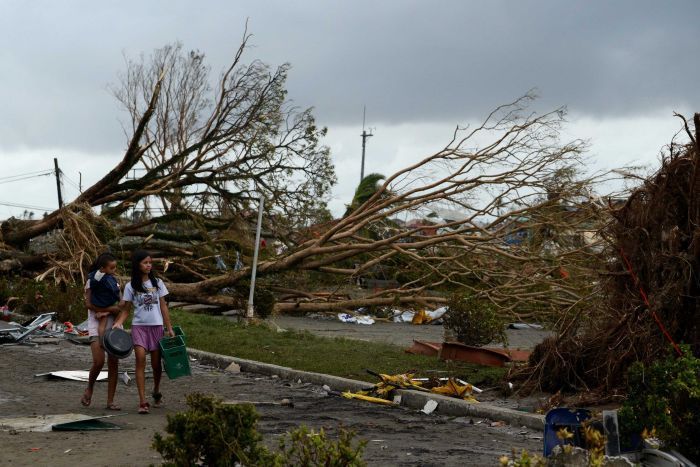Every year, Philippines is hit by a typhoon and this July, Typhoon Glenda is here and Filipinos as well as expats have to be prepared and stay safe. Here are several tips in how to do this:
1. Vacate your home if needed. Yes, you don’t want to lose your house or get robbed if you’re away but remember yours and your family’s lives are far more important than material things. If your house isn’t sturdy enough, it’s wise to move to a safer place and follow the government’s instructions to vacate it. Don’t be stubborn and regret not doing so. Turn off the main electricity switch when evacuating to avoid starting a fire.
2. Instead of driving to work or going out to continue the already planned day outside your house, it’s better to stay indoors and be safe during a typhoon. Roads will be flooded, trees or lampposts may fall and hit your car, and other hazardous events may happen so it’s better not to leave your house.
3. Have your cell phones and other gadgets such as powerbanks or portable landlines charged or with full battery because you’ll certainly need these when calling hotlines or hospitals during emergencies.
4. Always check the news updates regarding the typhoon. If there’s electricity, watch the news on TV, check Facebook updates or listen to the radio (use battery-operated radio if there’s no electricity).
5. Prepare a list of emergency numbers you can call.
5. Always have a first-aid kit ready. Rechargeable or battery operated flashlights, canned goods or biscuits, clean drinking water, disposable plates and utensils, candles, garbage bags, a whistle (for signaling for help) and a battery-operated radio are only some of the things you can pack.
6. Have a small bag of clothes and toiletries for each family member. In case you need to leave right away, you need to have this ready for you and your family in your house. Put it in a place you can easily get it any time you need it.
7. Have a full tank gas in your car. Be ready to evacuate anytime with your car’s gas full so you can easily go with your family.
8. Important documents should be kept in a safe place. This is to prevent them from getting destroyed during flooding. Put them in waterproof bags to avoid them from getting wet.
10. Have emergency cash. It’s better to be prepared than sorry and make sure you have an emergency cash in your house if there is a typhoon.
 Photos courtesy of different websites
Photos courtesy of different websites















